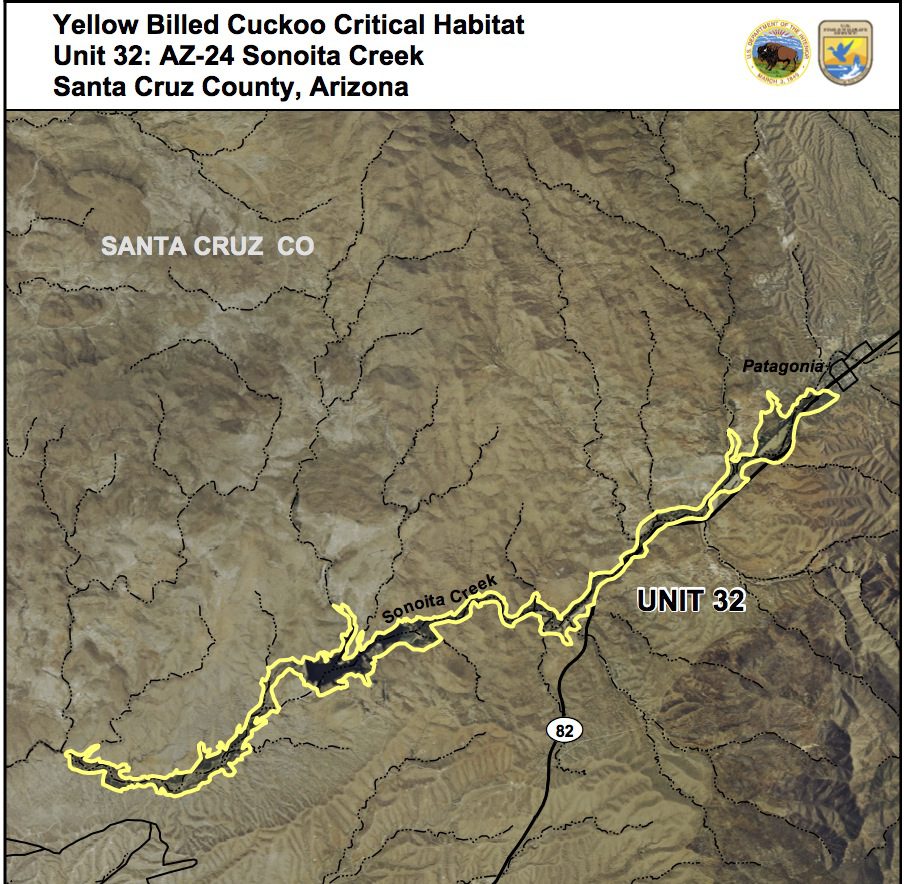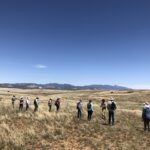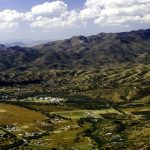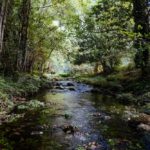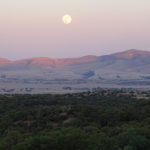
Conservation Wins in Court over Exploratory Drilling in Arizona’s Mountain Empire
FOR IMMEDIATE RELEASE
Contact: Courtney Sexton, csexton@defenders.org, 202-772-0253
Wendy Russell, wendy@patagoniaalliance.org, 520-477-2308
Federal court flips the off switch on Forest Service’s approval of “Sunnyside” project in Coronado National Forest
Tucson, Ariz. —A district court in Arizona put the brakes on an environmentally destructive exploratory drilling project in the Coronado National Forest near Patagonia, Arizona, saying the Forest Service failed to conduct the appropriate environmental review before fast-tracking the approval of the “Sunnyside” project. In October 2014 conservation groups Defenders of Wildlife and the Patagonia Area Resource Alliance (PARA) filed a lawsuit claiming the Forest Service’s approval violated environmental laws and posed a threat to endangered species in the area.
Statement from Rob Peters, Defenders of Wildlife:

Pictured: Ocelot by Steve Harris
“This is a great victory for the many species of imperiled wildlife that call the Coronado National Forest and the Mountain Empire region home, especially the jaguar, Mexican spotted owl, ocelot and yellow-billed cuckoo, all of which are already at risk from multiple projects in the region.
“The court’s ruling against this destructive mining operation is the best thing that could have happened for the residents of Patagonia and for the incredible and diverse wildlife in the area.”
Statement from Wendy Russell, Patagonia Area Resource Alliance:
“We’re not going to stand by and let the Forest Service rubber-stamp these mining projects in the Patagonia Mountains. There’s too much at stake for both our community and wildlife. This is the second time we’ve had to take them to court, and the second time we’ve won.”
Defenders and PARA were assisted in the case by Roger Flynn, an attorney with the Western Mining Action Project. Flynn noted the importance of local residents’ right to participate in the Forest Service’s review of mineral projects on public land – residents were excluded from this process in the fast-tracking of the approval, a violation of federal law.
Background:
The Canadian mining company Regal Resources’ Sunnyside Project (an exploratory mining operation) involves drilling six exploratory holes for copper deposits up to 6,500 feet deep roughly five miles from the town of Patagonia, Arizona. The Forest Service issued a “categorical exclusion” decision which essentially fast-tracked the mineral drilling exploration and approved the project without involving the public or taking a hard look at the project’s impacts to endangered species. The decision authorized Regal Resources to run its drill rigs for at least five months in sensitive endangered species’ habitat. Loud mineral drilling operations and construction would occur 24 hours a day, seven days a week (using artificial lighting at night) with total project operations and reclamation lasting up to three years.
In January of this year, the Forest Service temporarily withdrew approval for the Sunnyside project until it completed consultation with the U.S. Fish and Wildlife Service to determine whether the project would significantly affect the western yellow-billed cuckoo, which is listed as a federally threatened species. After completing the consultation and concluding that there would be no significant effects, the Forest Service re-issued its approval for drilling to proceed in April, 2015.
###
Defenders of Wildlife is dedicated to the protection of all native animals and plants in their natural communities. With more than 1.2 million members and activists, Defenders of Wildlife is a leading advocate for innovative solutions to safeguard our wildlife heritage for generations to come. For more information, visit www.defenders.org and follow us on Twitter @DefendersNews.
The Patagonia Area Resource Alliance is a citizen watchdog organization that monitors the activities of mining companies, as well as ensures government agencies’ due diligence, to make sure their actions have long-term, sustainable benefits to our public lands, our water, and the town of Patagonia. For more information visit www.patagoniaalliance.org and follow us on Twitter @PARAalliance.

 The western population of the yellow-billed cuckoo (Coccyzus americanus), an insect-eating bird found in riparian woodland habitats, winters in South America and breeds in western North America. Once abundant in the western United States, populations have declined for several decades, primarily due to the severe loss, degradation and fragmentation of its riparian habitat as a result of conversion to agriculture, dam construction, river flow management and riverbank protection. Overgrazing and invasive exotic plants have also contributed to declines.
The western population of the yellow-billed cuckoo (Coccyzus americanus), an insect-eating bird found in riparian woodland habitats, winters in South America and breeds in western North America. Once abundant in the western United States, populations have declined for several decades, primarily due to the severe loss, degradation and fragmentation of its riparian habitat as a result of conversion to agriculture, dam construction, river flow management and riverbank protection. Overgrazing and invasive exotic plants have also contributed to declines.